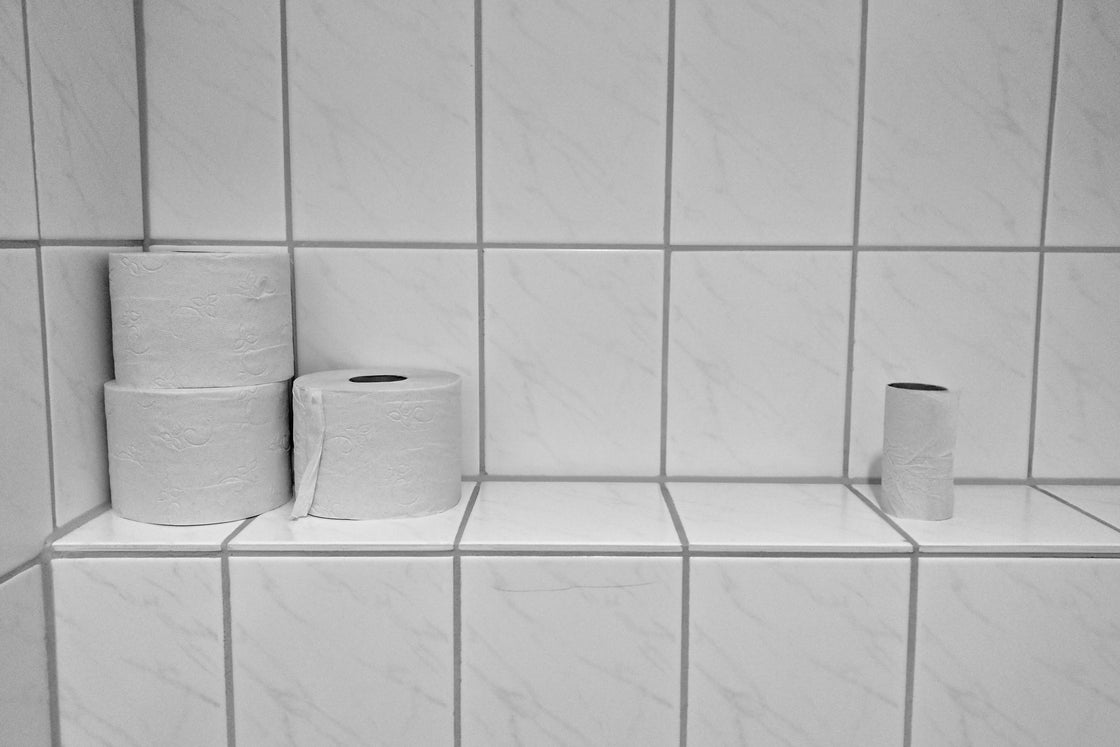Discussing bladder issues may feel embarrassing but despite this they are common. 13% of women experience urinary leakage at some point in their lives and urinary tract infections may occur in 50% of women. The increase in bladder issues in menopause may partly be due to changing oestrogen levels and as levels decline, tissues in the urinary tract and vagina wall may become thinner...
You could notice that your muscle tone isn’t as strong as it used to be, and this could affect the urethra and pelvic floor muscles. Pregnancy, vaginal childbirth, nerve damage, increased body weight, smoking, alcohol and certain foods may increase the incidence of bladder issues.
Common bladder issues
The onset of bladder issues may be gradual and could begin in the perimenopause when hormones start to change. Common bladder problems seen in menopause include:
- Cystitis, also called a urinary tract infection (UTI).
- Interstitial cystitis, also called painful bladder syndrome, does not involve bacterial infection but may still involve pain, frequent urination or a strong urge to urinate.
- Bladder control problems like leakage (incontinence) or overactive bladder.
- Prolapse due to weak muscles, the bladder position drops which could affect bladder emptying and create discomfort.
Natural bladder support
What you eat may impact bladder health and there are plenty of foods and nutrients that you can start to focus on.
Eating a diet rich in alkalising foods
This may help to keep the urine more alkaline which may help prevent unwanted bacteria from becoming a problem. Good alkaline-forming foods to choose from include fresh fruits, dark green leafy vegetables, avocados, super green powders like barleygrass or wheatgrass and blue green algae such as spirulina or chlorella. Keep an eye on processed foods, meat, eggs and dairy intake as these may have the opposite ‘acidifying’ effect.
Ensure good fibre intake
To support the bowel and prevent straining which may impact on the pelvic floor muscles. Choose wholegrains such as oats, brown rice, buckwheat, nuts, seeds, pulses and lentils.
Eat probiotic foods
These are rich in beneficial gut bacteria. Include live yoghurt and fermented foods such as sauerkraut, kimchi, tempeh and kombucha. The complex ecosystem of organisms found in the body, called the microbiome, aid in the health of the gut, vagina and urinary tract.
Watch what you drink
Avoid tea, coffee, alcohol and carbonated drinks as these may play a role. It can be tempting to reduce fluid intake if you are troubled with urine leakage but having a moderate intake of around 1.5 litres a day may be optimal. Staying hydrated with fresh water, herbal teas and coffee substitutes like chicory root coffee is important to encourage fluid to flow through the bladder.
Supportive supplements
Additional nutritional support may be gained through the use of specific supplements. The two most commonly recommended supplements for urinary tract health include cranberry extract and D-mannose. Research into these extracts indicates that they contain natural compounds that help prevent unwanted bacteria from being able to latch onto the bladder wall leaving the bacteria to be flushed out of the bladder.
A high-quality probiotic may also have some value and strains such as Lactobacillus rhamnosus show some promise. Herbal support may be found from uva ursi, also called bearberry. This herb has been used traditionally for urinary tract health and inflammation.
Lifestyle factors
Exercise is important for many reasons during the menopause and spending particular attention on ways to help maintain core muscles by working your pelvic floor is a sensible strategy if you suffer from recurrent bladder issues. Regularly doing specific pelvic floor exercises, called Kegels, further strengthen the pelvic floor. Internal devices for toning the pelvic floor muscles ensure the correct muscles are being exercised and may further support the effectiveness of Kegel exercises.
Bladder retraining could also be incorporated and involves learning to wait longer between needing to urinate and passing urine. This is a gradual approach and may be useful under guidance.
To help give you more confidence and to lessen the worry of being caught out with an embarrassing moment absorbent pads may be worthwhile. Natural plastic free versions are available which also help minimise contact of synthetic chemicals close to the skin.
Although bladder issues may be common during the menopause, they are not inevitable. Making positive changes now may help to maintain a healthy bladder structure and function throughout the menopause and beyond.



